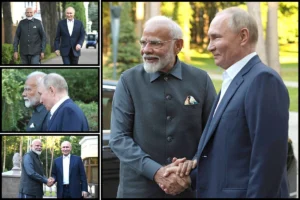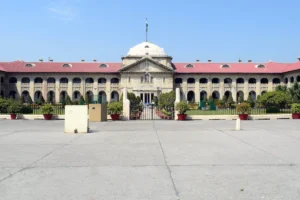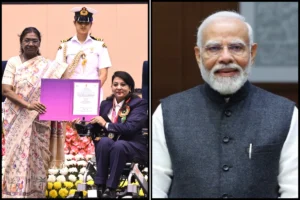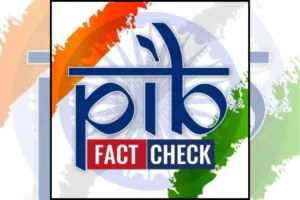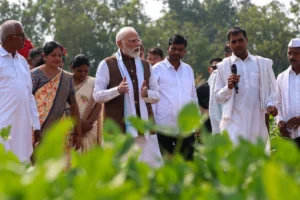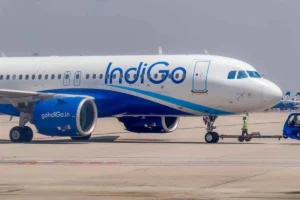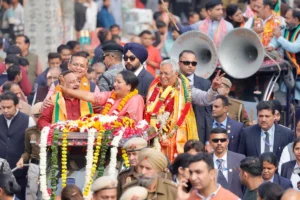
REFERENCE IMAGE
On Monday, during an event in New Delhi ,with India’s foreign minister S Jaishankar, Russia’s Deputy Prime Minister Denis Manturov revealed that India and Russia are in talks about a free trade agreement (FTA). This is aimed at securing investments between the two nations.
Also Read: Tim Cook To Inaugurate India’s First Apple Retail Store Today
According to a Reuters report, Jaishankar stated that India had reached an “advance agreement” with Moscow for a bilateral trade treaty. Despite pressure from the West, the relationship between New Delhi and Moscow has remained strong, with bilateral trade being the main beneficiary and catalyst for this transformation. However, there has been a significant increase in imports from sanctions-affected Moscow, resulting in one-sided trade figures.
In the past, India’s imports from Russia have typically been less than five times its exports to the country, with the highest ratio of 4.1 occurring in 2017-18 during the Narendra Modi government. However, as of January 2022-23, imports have exceeded exports by a ratio of 15 to 1.
According to an official statement by the Indian embassy, in 2017, Russian investment in India amounted to USD 18 billion, while India’s total investment in Russia so far has been USD 13 billion. The statement further revealed that the target of USD 30 billion in overall investment, set for 2025, has already been surpassed
Between 2000 and 2014, Indian investments in Russia amounted to around US $8 billion. Contrastingly, Russian investments in India during the same period were approximately US $4 billion. The focus was on the automotive (KAMAZ) and telecommunications (AFK Sistema) sectors. A recent statement has highlighted a renewed effort to boost bilateral investment, particularly in the hydrocarbon industry, during the period of 2015-2017.
Efforts have been made by both parties to encourage mutual investments, which mainly involve facilitating interactions between high-level government officials and business representatives. In addition to the ongoing investment activities in strategic sectors in both nations.
The collaboration on investments has been planned in several key areas including but not limited to hydrocarbons, power generation, coal mining, nuclear power, fertilizer production, information technology, mining, metallurgy, steel, pharmaceuticals, and infrastructure development projects. This was further highlighted in the statement.
To read more such news, download Bharat Express news apps







